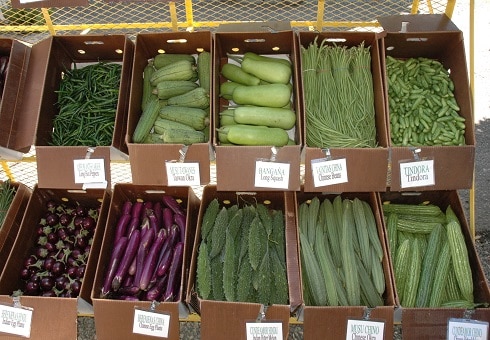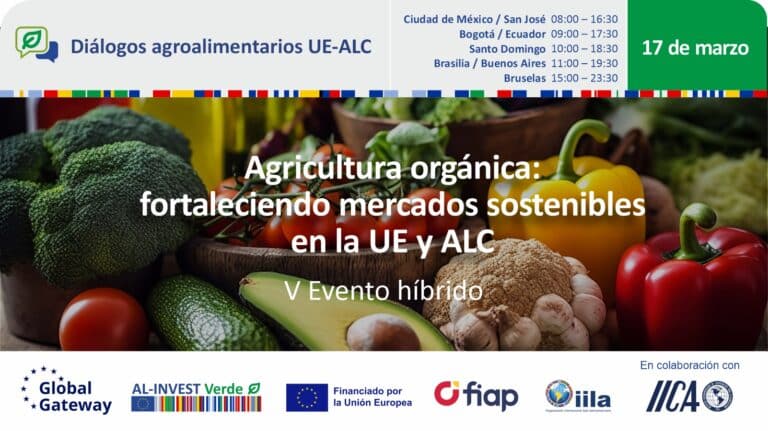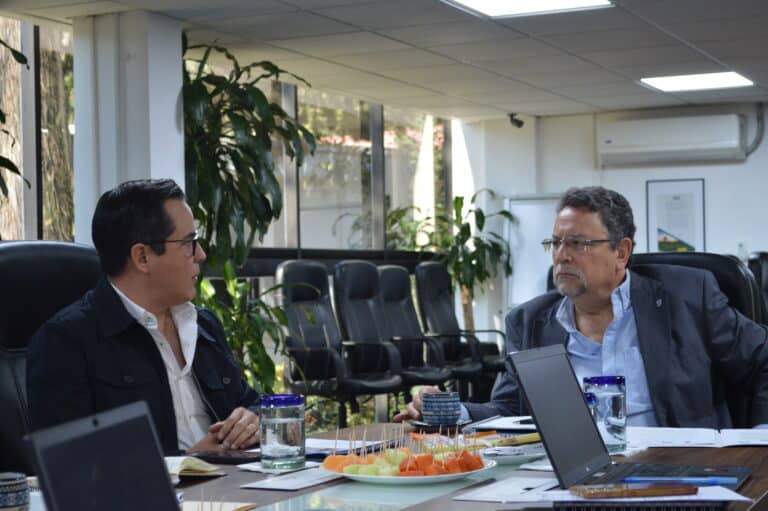Since 1976, Oriental or Asian vegetables have been produced as an important economic resource in the Dominican Republic


Since 1976, Oriental or Asian vegetables have been produced as an important economic resource in the Dominican Republic, in order to meet the demand of ethnic groups in the United States, Canada and Europe. The demand for Asian vegetables continues to increase due to several factors, such as the growing ethnic diversity of the population, the popularity of Asian cuisine, with more emphasis on healthy food, desire for greater variety in diet, and increased Familiarity with their culinary uses (Walters et al., 2008). There are more than 40 types and varieties of exportable fresh produce, Asian vegetables are most in demand in international markets, but sales in the local market are very limited and informal (Martínez et al., 2007).
Oriental Vegetable producers grouped in various associations; Are small and medium farmers that are located geographically in several provinces of the country, mainly in the Province of La Vega in the Central Cibao region, specifically in the communities of Jima Abajo, Ranchito, Sierra Prieta, Junumucú and San Bartolo.
Agricultural production is in the open field and is dedicated to the cultivations of white, green and surinam vainitas, Chinese and Hindu muzú, Chinese eggplant and tai, Chinese and Hindu cunde love, spicy chilli peppers long, Chinese and Indian bangaña and tindora; among others.
The size of the farms devoted to the production of vegetables, between the associated producers, ranges from 2 to 150 tasks (0.12 – 9.4 hectares (ha.)), With an average surface area in the order of 30 tasks (1.87 ha). Most of these lands are managed under lease conditions and sometimes under an agreement to deliver between 20 and 25% of gross production to the landowner.
This shows that the vegetables destined for export constitute a productive and promising productive activity of the national agricultural sector, hence the importance of supporting their improvement and the consolidation of the different actors involved, both the production process and the packaging and export.

More Information: hector.perez@iica.int











